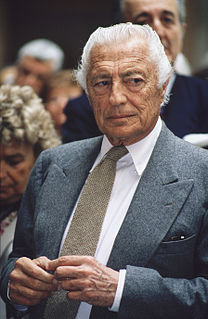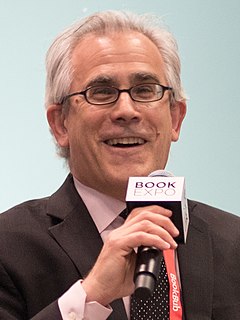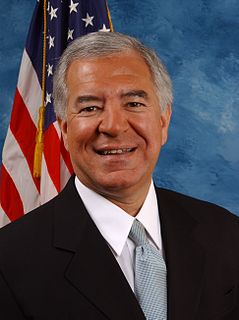A Quote by Herman Cain
I challenge anybody to say that I wouldn't know how to approach foreign policy because, unlike some of the other people, I at least have a foreign policy philosophy, which is an extension of the Reagan philosophy. Peace through strength, and my philosophy is peace through strength and clarity.
Related Quotes
Some of the core principles of President Trump are very similar to those of Ronald Reagan. When you look at peace through strength and building up the military, I mean, how many times have you heard President Trump say, "I'm going to build up the military; I'm going to take care of the vets; I'm going to make sure that we don't have a Navy that's decimated, and planes that are nowhere to be found." Peace through strength, deregulation. You think about the economy, the economic boom that was created.
I would say to anybody who thinks that all the problems in philosophy can be translated into empirically verifiable answers - whether it be a Lawrence Krauss thinking that physics is rendering philosophy obsolete or a Sam Harris thinking that neuroscience is rendering moral philosophy obsolete - that it takes an awful lot of philosophy - philosophy of science in the first case, moral philosophy in the second - even to demonstrate the relevance of these empirical sciences.
If I were Donald Trump, I would definitely not pick Mitt Romney because it's very easy for Mitt Romney to have have a separate foreign policy operatus in the State Department that would run a dissenting foreign policy from the White House foreign policy. There, I think the populist America-first foreign policy of Donald Trump does run against a potential rival.
This is the problem with foreign policy - talking about foreign policy in a political context. Politics is binary. People win and lose elections. Legislation passes or doesn't pass. And in foreign policy often what you're doing is nuance and you're trying to prevent something worse from happening. It doesn't translate well into a political environment.
We are apt to say that a foreign policy is successful only when the country, or at any rate the governing class, is united behind it. In reality, every line of policy is repudiated by a section, often by an influential section, of the country concerned. A foreign minister who waited until everyone agreed with him would have no foreign policy at all.
Reagan took an approach to the Cold War dramatically different from any other US President. To wit, he thought we should win. This was a fresh concept. At the time, it was widely ridiculed as a dangerous alteration of US policy. Only after it worked was Reagan's dangerous foreign policy recast as merely a continuation of the policies of his predecessors.


































